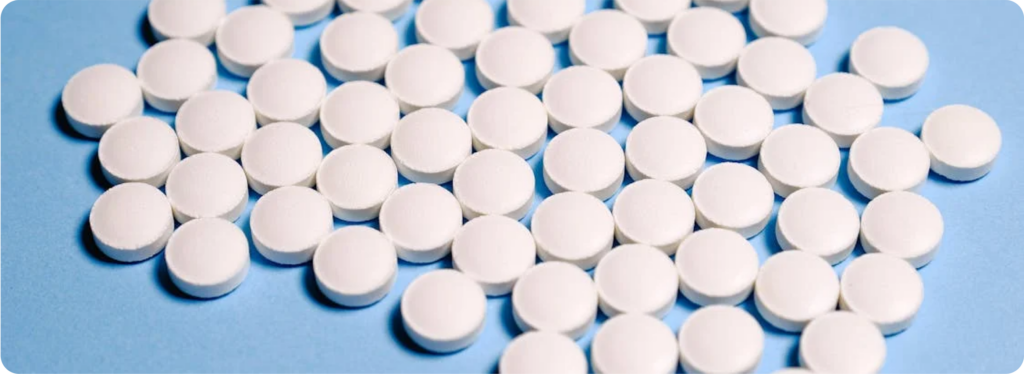Opiate Addiction Treatment in Iowa

Understanding Opiate Addiction
Opiate addiction is a critical issue affecting many individuals in Iowa and across the United States. This addiction often starts with the misuse of prescription pain relievers, heroin, or synthetic opioids like fentanyl. Effective treatment for opiate addiction requires a comprehensive approach that addresses both the physical dependence and psychological aspects of addiction. At St. Gregory Recovery Center in Iowa, we provide holistic treatment options designed to help individuals overcome opiate addiction and achieve long-term recovery.
Curbing the Opioid Epidemic with Holistic Treatment in Iowa
The opioid epidemic has devastated communities across Iowa. To combat this crisis, St. Gregory Recovery Center offers holistic addiction treatment programs that address the whole person. Our approach includes:
-
Medical Detoxification
Safe and supervised detox to manage withdrawal symptoms. -
Behavioral Therapies
Utilizing Cognitive Behavioral Therapy (CBT) and Dialectical Behavior Therapy (DBT) to address the underlying causes of addiction. -
Holistic Practices
Incorporating yoga, meditation, and nutritional counseling to promote overall well-being. -
Family Support Programs
Engaging families in the recovery process to provide a supportive environment.

Signs of Opioid Addiction
Recognizing the signs of opioid addiction can help you seek timely intervention for yourself or a loved one. Opioid addiction manifests in several ways, including behavioral, cognitive, physical, and psychological changes.
Behavioral Changes
Social Withdrawal
Neglecting Responsibilities
Financial Problems
Risky Behaviors
Cognitive Changes
Memory Loss
Impaired Judgment
Concentration Issues
Disorientation
Physical Changes
Drowsiness
Weight Loss
Pinpoint Pupils
Poor Hygiene
Psychological Changes
Mood Swings
Anxiety
Depression
Paranoia
Risk Factors for Opioid Addiction
Drowsiness
Weight Loss
Pinpoint Pupils
Poor Hygiene

Opioid Use Side Effects
- Constipation
- Nausea
- Drowsiness
- Respiratory Depression
- Euphoria
- Confusion
- Sedation
- Slurred Speech

Symptoms of Opioid Withdrawal
- Anxiety
- Muscle Aches
- Sweating
- Nausea and Vomiting
- Diarrhea
- Insomnia
- Dilated Pupils
- Rapid Heartbeat
The Danger of Opioids

What’s the Difference: Opioid vs. Opiate, Tolerance vs. Dependence
Opioid vs. Opiate
Opioid
Opiate
Tolerance vs. Dependence
Tolerance
Dependence
Opioid Addiction Treatment Options in Iowa
-
Medical Detoxification
Safe and supervised detox to manage withdrawal symptoms. -
Inpatient Treatment
Providing a structured environment for intensive therapy. -
Outpatient Treatment
Offering flexibility for those who need to maintain daily responsibilities. -
Medication-Assisted Treatment (MAT)
Using FDA-approved medications to manage withdrawal symptoms and reduce cravings. -
Behavioral Therapies
Including CBT and DBT to address the underlying causes of addiction. -
Holistic Practices
Incorporating yoga, meditation, and nutritional counseling to support overall well-being.

Why Choose St. Gregory Recovery Center
St. Gregory Recovery Center stands out for its comprehensive and compassionate approach to addiction treatment. Our holistic approach includes medical care, therapeutic support, and holistic therapies to ensure a well-rounded recovery process. Our experienced staff, state-of-the-art facilities, and commitment to patient success make us the ideal choice for opioid addiction treatment in Iowa.
Overcoming opioid addiction is possible with the right support and treatment. Contact St. Gregory Recovery Center at 888-778-5833 to learn more about our programs and start your journey towards a healthier, drug-free life. Our compassionate team is here to support you every step of the way.
